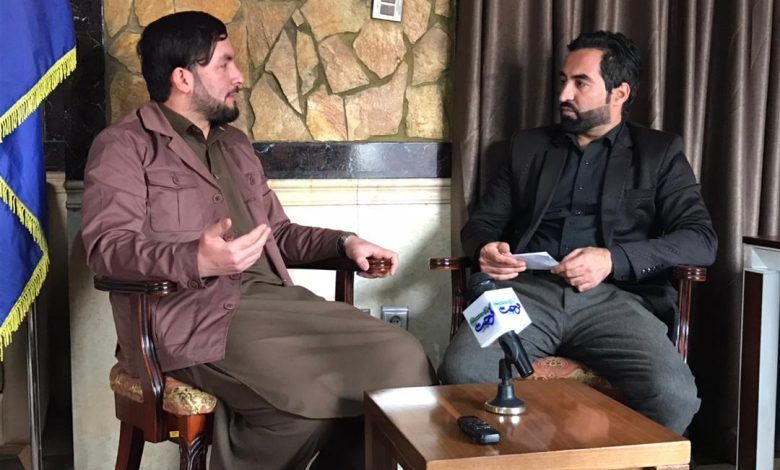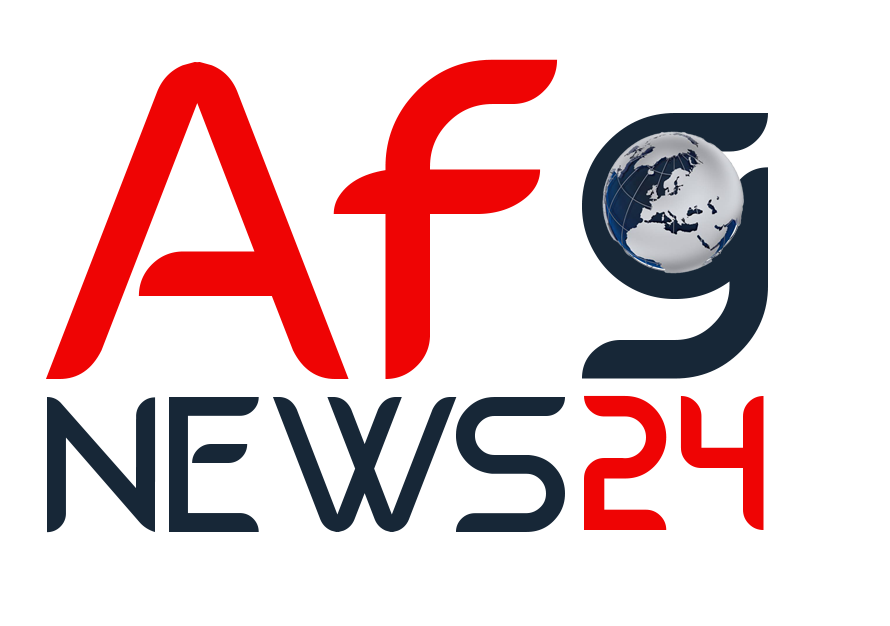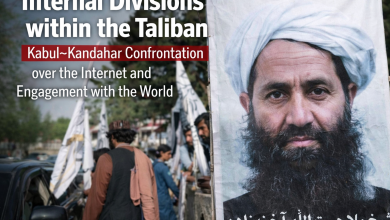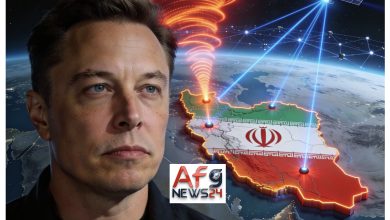A special interview with Masrour Lotfi, media officer of the National Union of Journalists of Afghanistan
Afghanistan Kabul

A special interview with Masrour Lotfi, media officer of the National Union of Journalists of Afghanistan
Question: As the first question, who is the head and head of the National Union of Journalists? Lotfi: After my greetings, before I discuss about the executive head, I would like to give you some clarifications about the National Union of Journalists.
Correspondent Basir Bahavar
Question: Who is the head and head of the National Union of Journalists?
* Lotfi: Before I discuss about the CEO, I would like to give some clarifications about the National Union of Journalists. The National Union of Journalists of Afghanistan is the first organization supporting journalists that has been working for a long time (four decades) and we are still proud that We are a source of service in the media community. Big media personalities have come and worked in different parts of the union since the establishment of the union, the current manager of the national union is Ahmed Shoaib Fana, but the activities inside the union are done by one team. Professional and professional are promoted.
Reporter: Tell me the main goals of the National Union of Journalists?
*Note: In terms of the legal structure of any institution that is established, its main and basic goals are included in the institution’s statutes. The National Union of Journalists has active representatives in 34 provinces. For this reason, the union is active in the capacity building of journalists, in the coordination and mobilization of journalists and media in Afghanistan, and provides training programs in all provinces. It has also played a role in the approval and even formation of legal frameworks and even laws in the past of the union. Among other things, the right to access information law, mass media law, and other legal laws that supported the journalistic community, along with other influential institutions, the union has played an effective role.
Reporter: Can you tell me your opinion about the right to access information?
*Lotfi: With the coming of the developments in Afghanistan, some parts of the media society faced problems.
When we talk about access to information, this is related to the economic problems that have put the media community under pressure. A professional from the country. Although there are still a number of professional journalists, but the mentioned components have their deep effects on the media community.
Reporter: Are you aware of the umbrella unit proposed by the Mergzai Information Circulation Unit?
*Latfi: First of all, we would like to thank the information circulation team who worked really hard and held meetings with the union. Our emphasis is that the National Union of Journalists is at the service of the institutions if they want to work together. We are ready and working and our red line is the right of the media community and in this way we can be a source of service for our fellow workers.
Reporter: Can you tell me about the type of relations between the union and the institutions that support journalists, both domestic and international?
*Lotfi: We have good relations with the institutions in the past and we still have them now, and it is necessary to have relations and if there are problems, those problems will be solved during the meetings.
Reporter: Tell me about the type of relations between the union and the Islamic Emirate of Afghanistan. Are you satisfied?
*Lotfi: We are in contact, we have good relations. A few days ago, there was a problem. I contacted the spokesperson of the Ministry of Information and Culture. In the first call, they responded. In Afghanistan, they should also share the legal rules on our journalists. As I said earlier, the union has historical records in these areas.
In the meetings that we had with the Ministry of Culture and Information, it was coordinated to the extent of our wishes. I ask not only the Ministry of Culture and Information, but also all the organizations defending journalists to work together in a single vision.
Reporter: Can you tell me about the major achievements and activities of the union after the political change in the country?
*Latfi: The activity of the union has continued after the political transformation and we are trying to find suitable solutions and fruitful methods in the field of capacity building and we are determined to do so.
Reporter: Can you tell me about the Union’s financial resources?
*Latfi: We have nearly seven thousand members, and over the past two decades, more than 50% of those who have joined may have been active. We will fix it, but we are not saying that there is no problem. The conditions of yesterday and today have changed significantly in the economic discussion, but with all the conditions in mind, there is interest and will to do the work.
Reporter: How do you evaluate your opinion about the credibility and trustworthiness of journalists in relation to journalist protection institutions?
* Lotfi: The union has good relations with the media and journalists
Several media come and go to the union every day, and we constantly hold special programs, which means that our relations show harmony and trust.
Reporter: What is the message of the National Union of Journalists for journalists?
*Latfi: We are optimistic that the problems will decrease with each passing day, and the union is committed to increasing its responsibility towards its colleagues and the media community sincerely.




